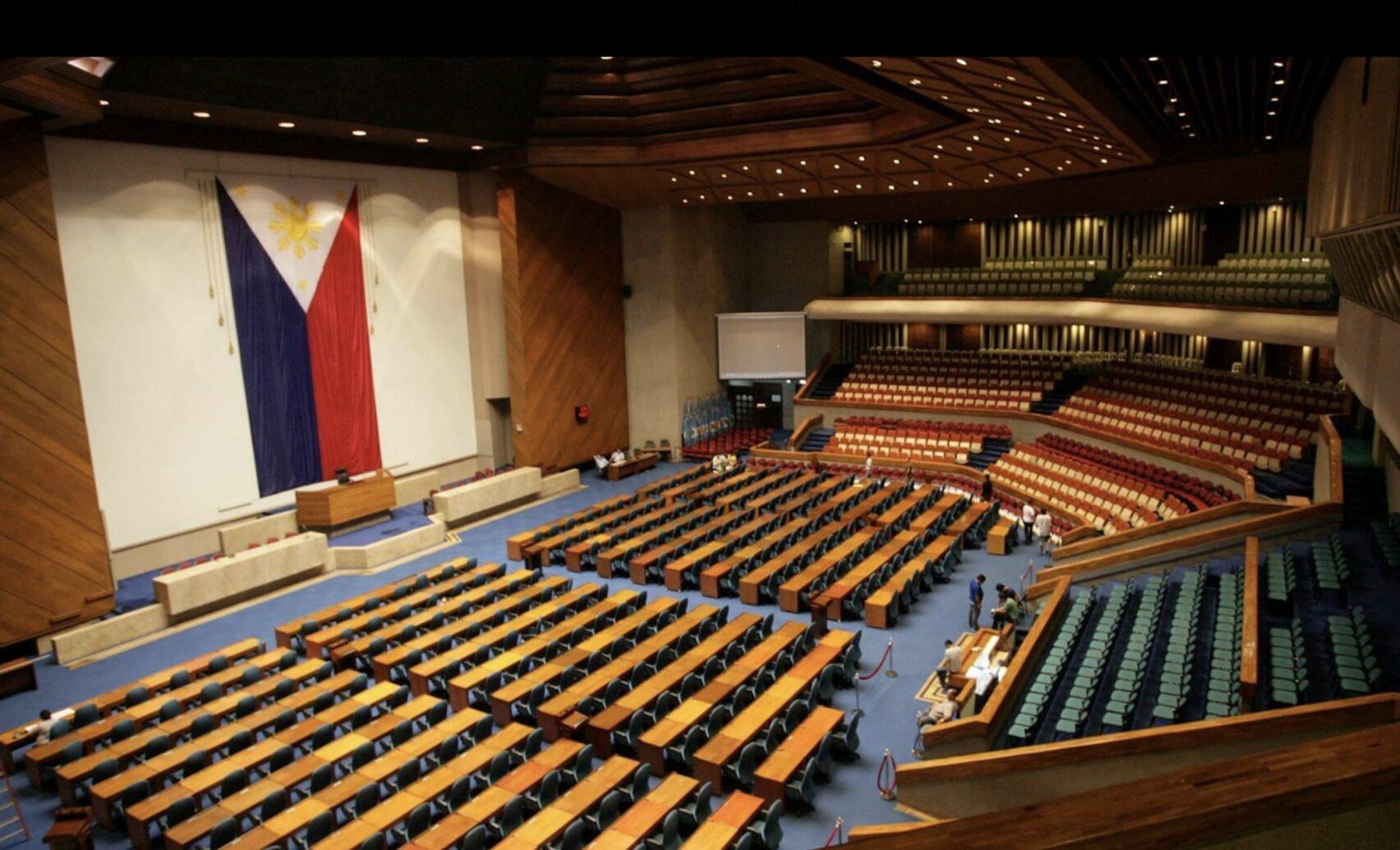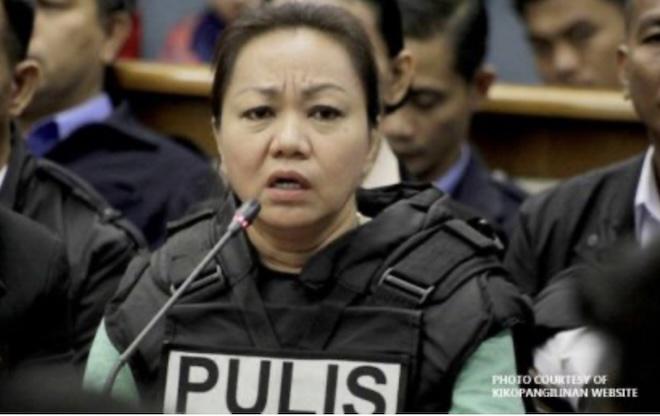With the 19th Congress adjournment on June 13, the impeachment proceedings are now in recess. The chamber will reconvene as an impeachment court to hear the case against Vice President Sara Duterte-Carpio after the opening of the 20th Congress on July 28.
Proceedings to Continue After July 28; Escudero Says Senate Remains Ready as House Prosecutors Insist Case Is Already Valid
MANILA – The Philippine Senate will resume the impeachment trial of Vice President Sara Duterte-Carpio after the opening of the 20th Congress on July 28, Senate President Francis “Chiz” Escudero confirmed this week—quelling speculation that the historic case had been derailed.
“This action is procedural, not a dismissal,” Escudero said following the Senate’s controversial decision to remand the articles of impeachment to the House of Representatives. “The Senate remains ready to proceed with the trial.”
On June 10, the Senate, sitting as an impeachment court, voted 18–5 to return the articles for legal certification, citing procedural questions over whether the complaint satisfied constitutional standards. Despite this, the Senate retained jurisdiction and formally summoned the Vice President to respond to the charges.
House Prosecutors Reject Delay, Say Trial Must Proceed
The House prosecution panel, led by Rep. Gerville Luistro, pushed back forcefully, insisting that the Senate had already assumed jurisdiction and that the complaint—adopted by a supermajority vote in February—complies with all constitutional requirements.
“No one can stop this anymore,” Luistro declared. “The Senate convened. The impeachment court was formed. The trial must go on.”
Legal scholars and civil society organizations—including religious leaders and legal advocacy groups—also criticized the Senate’s remand as a “procedural smokescreen,” warning that further delays risk eroding public trust in democratic accountability.
Trial Paused Until 20th Congress Convenes July 28
With the 19th Congress adjourning on June 13, the impeachment proceedings are now in recess. However, the court remains legally constituted, and procedural rules have already been adopted to guide the trial’s next stages.
Once the House transmits the requested certification, Duterte will have 10 days to file her formal response. The Senate impeachment court is then expected to move forward with opening statements, evidence presentation, and witness testimony.
Originally, a 19-day schedule aimed to conclude the trial by June 30, but that timeline has now shifted to late July or August, following the expected State of the Nation Address by President Ferdinand Marcos Jr.
Charges and Stakes
Vice President Duterte faces seven major charges, including:
• Unexplained wealth
• Misuse of confidential and intelligence funds while serving as Education Secretary and Vice President
• Issuing threats against President Marcos, First Lady Liza Araneta-Marcos, and House Speaker Martin Romualdez
• Alleged links to human rights violations associated with the Duterte administration’s war on drugs
If convicted by a two-thirds majority in the Senate, Duterte would be permanently disqualified from holding public office, potentially ending any plans to run in the 2028 presidential election.
Public Reaction and Political Undercurrents
The Senate’s decision to remand the articles sparked widespread backlash. Protesters gathered outside the Senate building carrying placards that labeled senators “cowards” and “traitors,” calling for the trial to proceed without delay.
Meanwhile, Duterte allies—most prominently Senator Imee Marcos—accused the impeachment camp of orchestrating a political attack aimed at diminishing the Vice President’s influence. Several pro-Duterte lawmakers have already filed motions seeking outright dismissal when Congress reconvenes.
A Test of the Constitution—and 2028 Politics
The impeachment trial of Vice President Sara Duterte-Carpio marks a defining moment in the country’s democratic evolution. As the first sitting vice president to be tried by the Senate, the case raises urgent questions about political accountability, the independence of institutions, and the balance of power in a country still navigating post-pandemic governance and dynastic politics.
With deepening political divisions, rising public scrutiny, and high constitutional stakes, the coming months will not only test Duterte’s legal defense—but the capacity of Philippine democracy to hold its highest officials to account.






